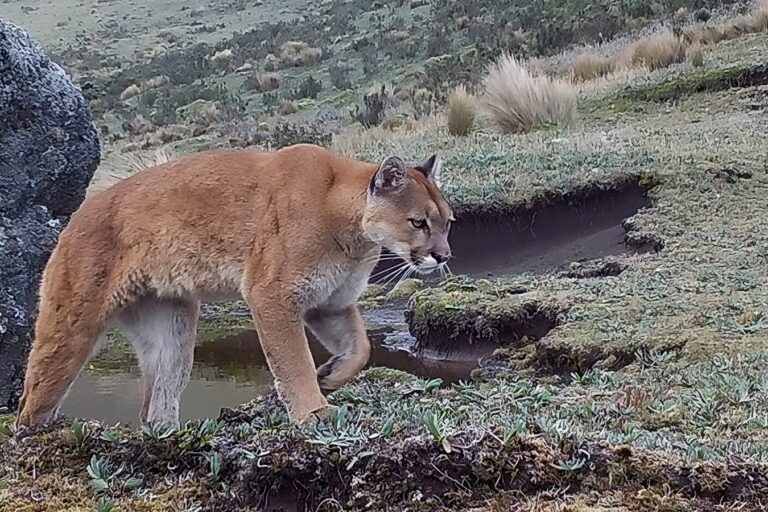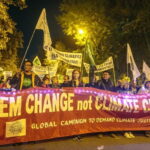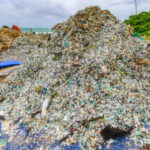When the sheep were removed, the páramo — high-altitude ecosystems in the Andes — started to heal. Without their waste, water quality improved. Without their hooves compacting the soil, plants began to grow again. Before long, shy white-tailed deer arrived, drawn by the grasses and shrubs for food and shelter. Not long after, pumas reappeared. “This could serve as a case study for how food chains rebuild and slowly reshape the landscape,” says Evelyn Araujo, a biologist with the Fundación Cóndor Andino (FCA), which monitors the páramos around Ecuador’s Antisana volcano, southeast of Quito. “It’s also helping restore the region’s ability to provide water to the city,” says Silvia Benítez, director for the Latin America freshwater program at The Nature Conservancy (TNC). The reappearance of deer in the Antisana Water Conservation Area is a key indicator of the páramo’s restoration. Image courtesy of Fundación Cóndor Andino. In 2010, Quito’s public water utility, Public Metropolitan Drinking Water and Sanitation Company of Quito (EPMAPS in Spanish), purchased approximately 7,000 hectares (about 17,300 acres) of páramo land from a former sheep ranch. Later, the Quito Water Conservation Fund (FONAG in Spanish) acquired additional land. Today, the Antisana Water Conservation Area (ACHA in Spanish), which lies in the western foothills of the volcano, next to Antisana National Park, covers 8,500 hectares (21,000 acres). “We exist because of the quality and availability of water,” says Bert De Bièvre, technical secretary at FONAG. “We are proud to fulfill that mission while also helping restore the natural…This article was originally published on Mongabay
Search
Recent Research
Want your Blog Article featured on our website?
Research
Featured News
How to Make Your Home More Energy-Efficient in 2026
A practical, future-ready guide for lower bills and a smaller footprint Rising energy prices and
Sustainable Break Rooms: Greening the Office Pantry
Photo by Rodeo Project Management Software on Unsplash A break room may seem like a
Solar-powered AI streetlights to fund coastal highway construction
Nigeria’s long delayed Lagos-Calabar Coastal Highway is set to be rescued by thousands of AI-driven,
Big Data Analytics Enhances Renewable Energy sector
The sun doesn’t send bills, but energy companies using renewable energy do. And to keep
From COP30 to Sri Lanka, indigenous voices shape climate & food sovereignty
COLOMBO — When Indigenous groups converged at the entrance of the U.N. Climate Change Conference
Another threat to reefs: Microplastic chemicals may harm coral reproduction
As the sliver of a new moon shines over Kāneʻohe Bay, Oʻahu, millions of tiny
A Practical Guide to Choosing the Right Organizer Bins Online
Choosing organizer bins sounds simple — until you start comparing sizes, materials, and specs online.
How Lagos traders struggle as styrofoam gradually disappears in markets
Traders have continued to count their losses about five months after the Lagos State Government





